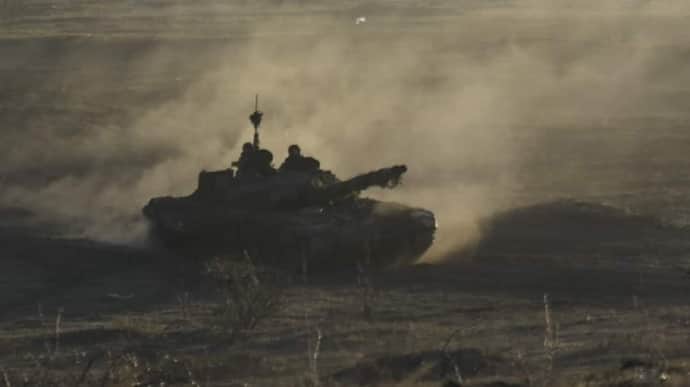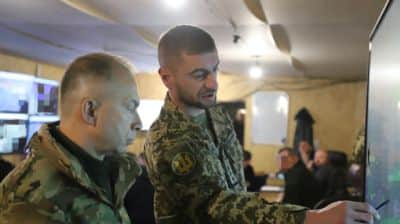ISW assesses Ukraine's potential to seize initiative on battlefield

Experts at the Institute for the Study of War (ISW) believe that in terms of operational expediency, Ukraine should seize the initiative from the Russians, but delays in providing Western assistance will delay the efforts of the Defence Forces.
Source: ISW
Details: Lieutenant General Oleksandr Pavliuk, Commander of the Ground Forces of Ukraine, stated on 6 March that Ukraine would try to seize the initiative and conduct counteroffensive operations in 2024.
ISW experts said that Ukraine's attempt to seize the initiative in 2024 has grounds in terms of operational expediency.
"Russia will be able to determine the location, time, scale, and requirements of fighting in Ukraine as long as it retains the theater-wide initiative, which may allow Russia to force Ukraine to expend materiel and manpower in reactive defensive operations, denying Ukraine the ability to amass the materiel necessary for future counteroffensive operations," the ISW report says.
ISW experts stated that it would be unwise for Ukraine to cede the initiative on the entire line of contact to Russia for longer than necessary.
However, they added that further delays in Western security assistance were likely to delay Ukraine's efforts to regain the initiative.
Quote: "Materiel shortages are forcing Ukrainian forces to husband materiel and uncertainty about future assistance is likely constraining Ukrainian operational planning.
Delays in crucial assistance will force Ukraine to make difficult decisions about how to allocate resources between future operationally significant counteroffensive operations and ongoing Ukrainian defensive operations against Russian attackers who currently hold the initiative."
To quote the ISW’s Key Takeaways on 6 March:
- Ukrainian Ground Forces Commander Lieutenant General Oleksandr Pavliuk stated on 6 March that Ukraine will try to seize the initiative and conduct unspecified counteroffensive actions in 2024.
- Russian forces conducted a relatively larger series of drone and missile strikes targeting Ukraine on the night of 5-6 March and on 6 March, including strikes on Odesa City during Ukrainian President Volodymyr Zelenskyy’s visit with Greek Prime Minister Kyriakos Mitsotakis.
- Kremlin officials continue to invoke nuclear threats as part of ongoing Russian information operations aimed at weakening Western support for Ukraine and deterring Western aid to Ukraine.
- International Atomic Energy Agency (IAEA) Director Rafael Grossi and Russian President Vladimir Putin discussed the security of the Zaporizhzhia Nuclear Power Plant (ZNPP) and nuclear non-proliferation issues on 6 March in Sochi, Russia.
- Russian President Vladimir Putin met with the governor of pro-Russian Moldovan autonomous region Gagauzia, Evghenia Guțul, on 6 March and emphasised Russia’s support for Gagauzia.
- Moldova suspended the Cold War-era Conventional Armed Forces in Europe (CFE) Treaty on 6 March.
- Ukraine’s Defence Intelligence reportedly conducted a drone strike on a mining and processing plant in [Russia’s] Kursk Oblast on 6 March.
- Armenia appears to be taking limited measures to reduce its bilateral security cooperation with Russia outside of its reduced participation in the Russian-led Collective Security Treaty Organization (CSTO).
- Russian forces recently made confirmed advances near Kupiansk and Donetsk City and in western Zaporizhzhia Oblast.
- The Russian legal system continues efforts to use the Russian criminal justice system to augment Russia’s recruitment base.
Support UP or become our patron!





